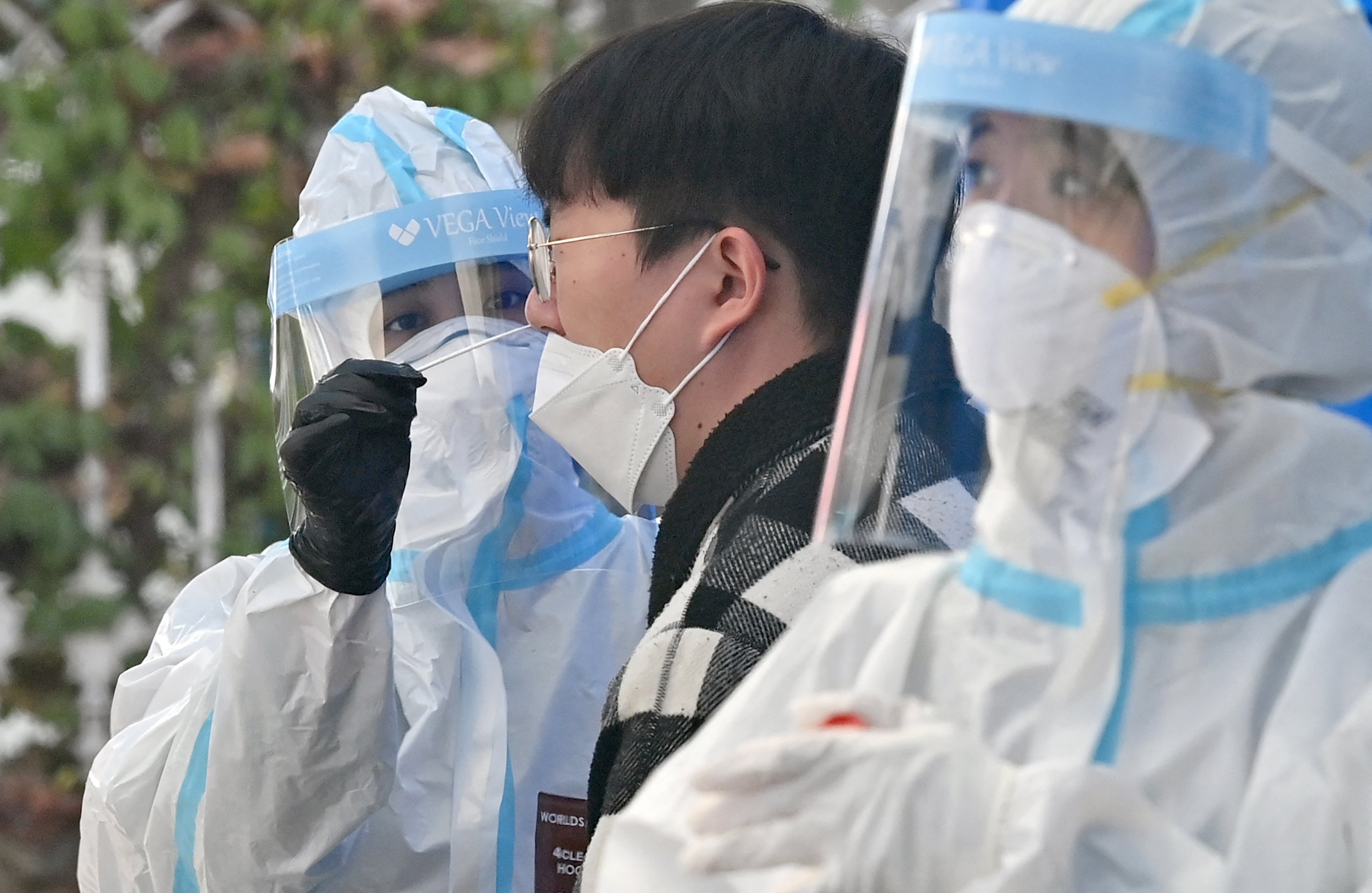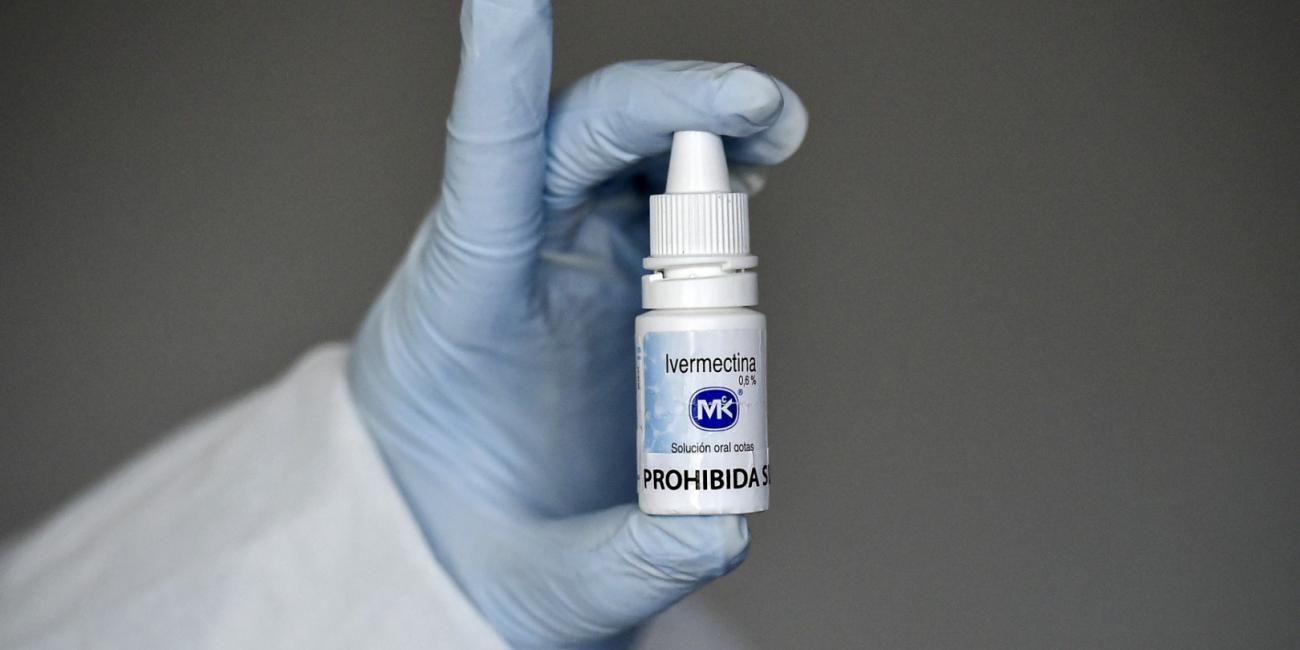
Coronavirus tests do not make your forehead magnetic
- This article is more than four years old.
- Published on June 2, 2021 at 06:00
- 2 min read
- By Richard KANG, AFP South Korea
The claim was shared here on South Korean blogging platform Naver Blog on May 25, 2021.
The post includes a video clip of a woman separately putting a coin and a key on her forehead. As she shakes her head, the objects appear to stay attached.
“This is quite shocking. This shows why we must refuse to take Covid-19 tests. The person in the video has not received the Covid-19 jab yet. But she has been taking Covid-19 swab tests twice a week for a year. As a result, her forehead has become magnetic,” reads the Korean-language claim.

A PCR test diagnoses people who are currently infected with SARS-CoV-2, the virus which causes Covid-19.
The test, which involves collecting a swab sample from a person’s nose or throat, is considered the most accurate and reliable test for Covid-19.
An identical claim has been shared on Facebook here; Naver Blog here; and South Korean online community Daum Cafe here.
However, the claim is false.
‘No basis in science’
The Korea Disease Control and Prevention Agency (KDCA) said the claim in the posts is baseless.
“It has no basis in science and does not make sense,” a spokesman told AFP on May 28, 2021.
Experts also emphasised that a PCR test does not touch a person’s forehead.
“To find out if a person has coronavirus, a healthcare worker uses a swab with a long shaft to gently scrape the back of the nasopharynx of that person. The nasopharynx is the upper part of the throat, right behind the nose,” the University of Otago’s Department of Biochemistry says on its website.
The PCR test guidelines on Britain’s National Health Service’s website include no mention of the forehead.
Static friction
South Korea’s Ministry of Education cites static friction as one of the reasons why metal objects can be attached to the human body.
Static friction is friction between two or more solid objects that are not moving relative to each other.
"If we take the case of attaching a spoon to our body as an example, both the spoon and the surface of our body look smooth, but in fact, countless atoms and molecules protrude from the surface. Therefore, when we attach a metal spoon to our body, the spoon and these protrusions on our body come into contact with each other to generate friction,” the ministry said on its official blog.
"The pressure at this point of contact is usually enormously greater than the average pressure across the surface, so the two points will instantly stick together.”
AFP previously debunked false claims linking coronavirus and magnets here.
Copyright © AFP 2017-2026. Any commercial use of this content requires a subscription. Click here to find out more.
Is there content that you would like AFP to fact-check? Get in touch.
Contact us




